Before 'E.T.', There Was 'The Brother from Another Planet'
Explore the 1984 classic "The Brother from Another Planet," directed by John Sayles. A quirky gem with a 6.7/10 rating that reflects on belonging.
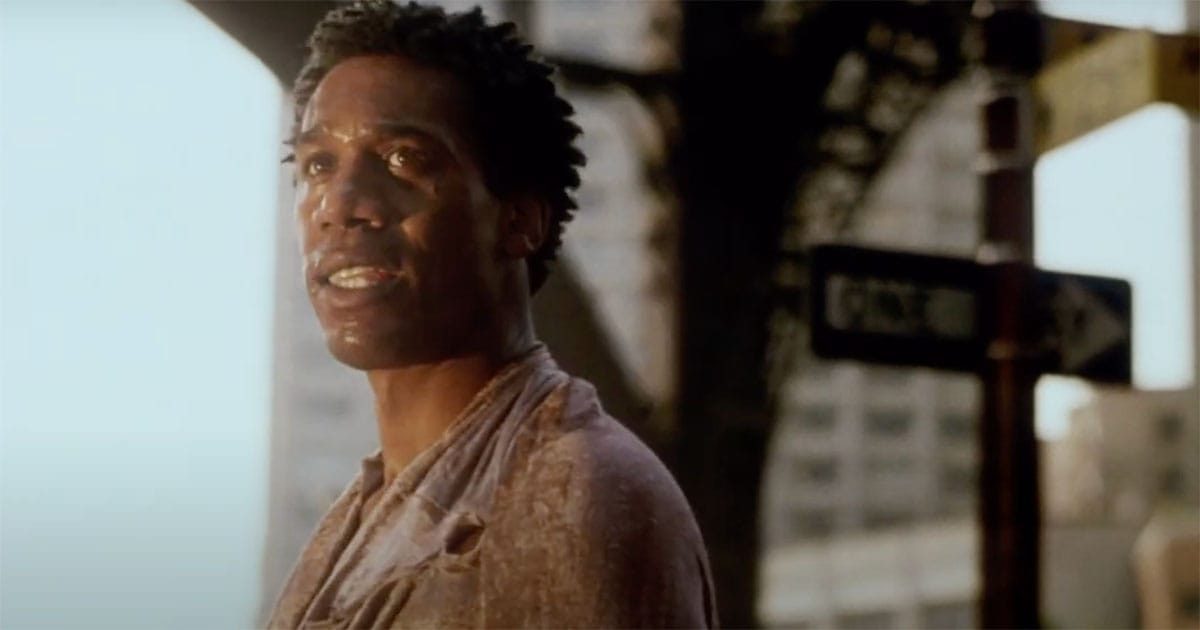
"The Brother from Another Planet" is a quirky and thoughtful science fiction film released in 1984. Written and directed by John Sayles, it tells the story of an escaped alien slave who crash-lands in Harlem.
Joe Morton stars as the titular Brother, a mute extraterrestrial whose distinctive three-toed feet make him a curiosity to those he encounters. As he navigates this unfamiliar world, the film unfolds into a subtle reflection on identity, community, and the human condition. It balances humor and poignant social commentary, drawing viewers into its odd yet meaningful narrative.
The film thrives on visual storytelling and Morton's expressive performance. Without saying a word, he conveys a full range of emotions, creating a sense of connection between his character and those around him.
Sayles paints a rich portrait of Harlem in the 1980s, blending moments of comedy with a grounded exploration of struggles like alienation, addiction, and freedom. It may not have the high-budget polish of mainstream science fiction, but its heart and insight make it a memorable entry in the genre.
| Attribute | Value |
|---|---|
| Title | The Brother from Another Planet |
| Director | Craig Laurence Rice, John Sayles |
| Writer | John Sayles |
| Actors or Actresses | Joe Morton, Daryl Edwards, Rosanna Carter |
| Rated | R |
| Runtime | 108 min |
| Box Office | $3,677,209 |
| U.S. Release Date | 14 Sep 1984 |
| Quality Score | 6.7/10 |
Synopsis
After his ship crash-lands near Harlem, the Brother stumbles into a world that is both baffling and vibrant. He immediately attracts attention with his strange appearance but quickly learns to adapt. The local community offers both challenges and opportunities as he meets people from all walks of life. These interactions introduce him to the cultural rhythms of his new environment, from pickup basketball games to jazz music echoing from neighborhood windows.
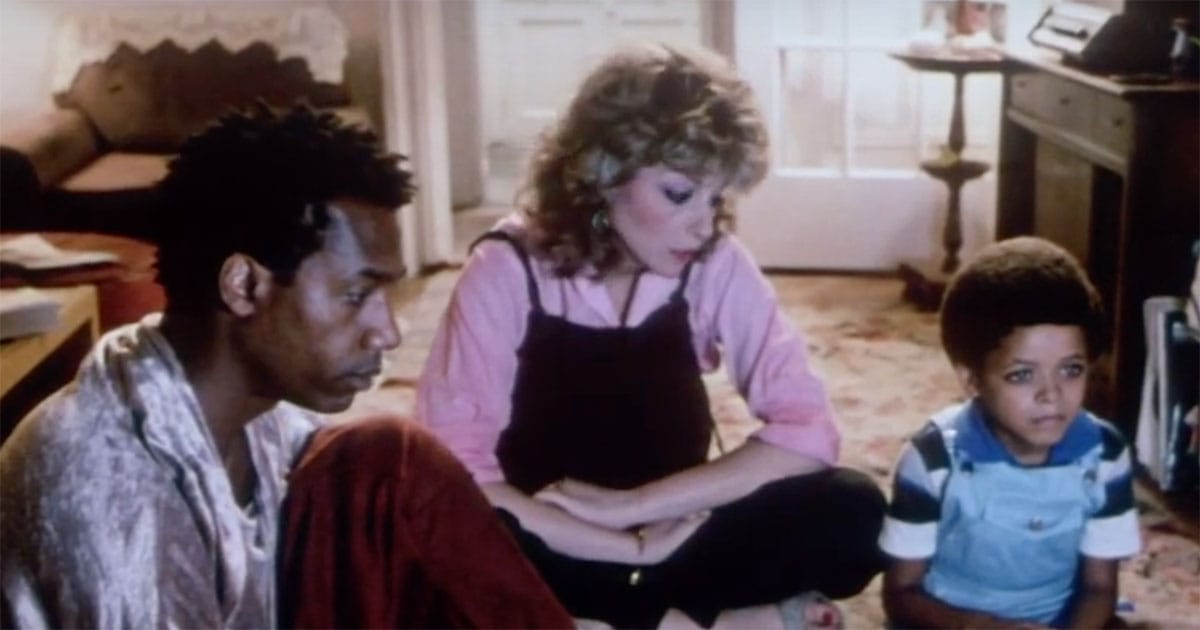
Along the way, he forms friendships with a variety of characters. A street vendor takes on the role of an unlikely mentor. A single mother shares her everyday struggles with him, and children from the neighborhood view him as a kind of gentle guardian.
In these relationships, the Brother slowly pieces together an understanding of human life and culture. His moments of discovery provide much of the film's humor and heart, although his run-in with vegan barbecue is less than pleasant.
However, all is not peaceful for long. Two bumbling alien bounty hunters have tracked him to Earth and are determined to capture him. They spend most of the film blundering around Harlem, managing to be both ominous and absurd. The stakes gradually rise as the Brother must avoid capture while also navigating the tensions and hardships faced by the people around him.
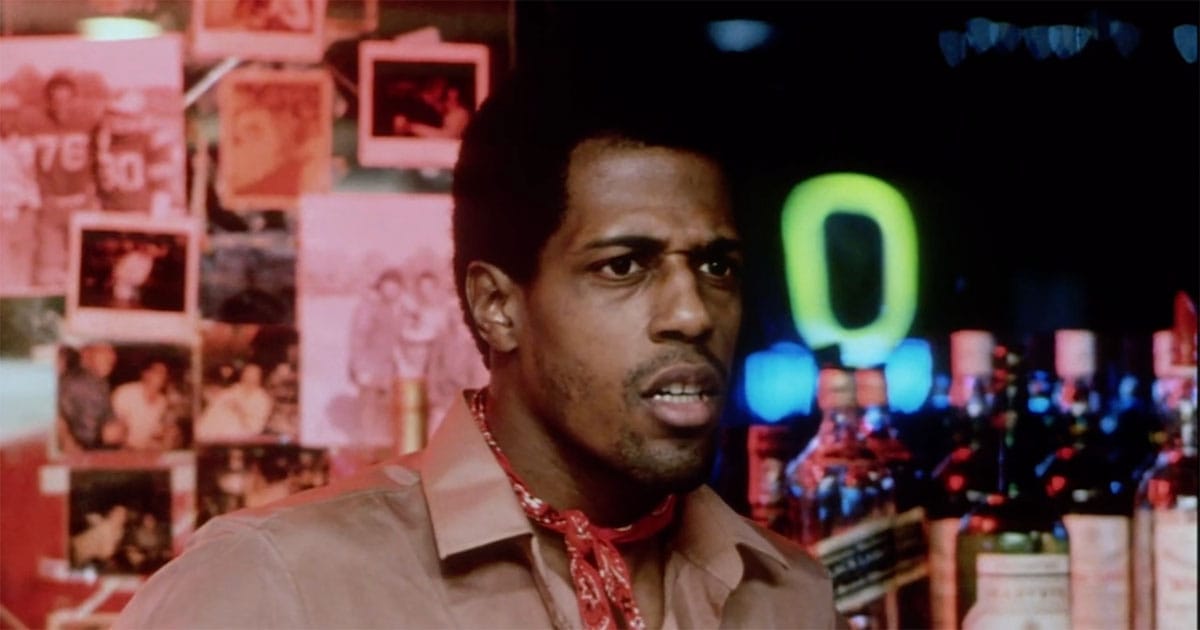
The film builds toward a quiet yet powerful resolution that emphasizes empathy and belonging. By the end, the Brother is no longer just a stranger in a strange land. He becomes a mirror for the people he meets, reflecting both their kindness and their struggles.
Themes
At its core, "The Brother from Another Planet" explores what it means to be an outsider. The Brother's journey is a metaphor for the immigrant experience. He is thrust into an unfamiliar world where survival depends on his ability to adapt and connect with others.
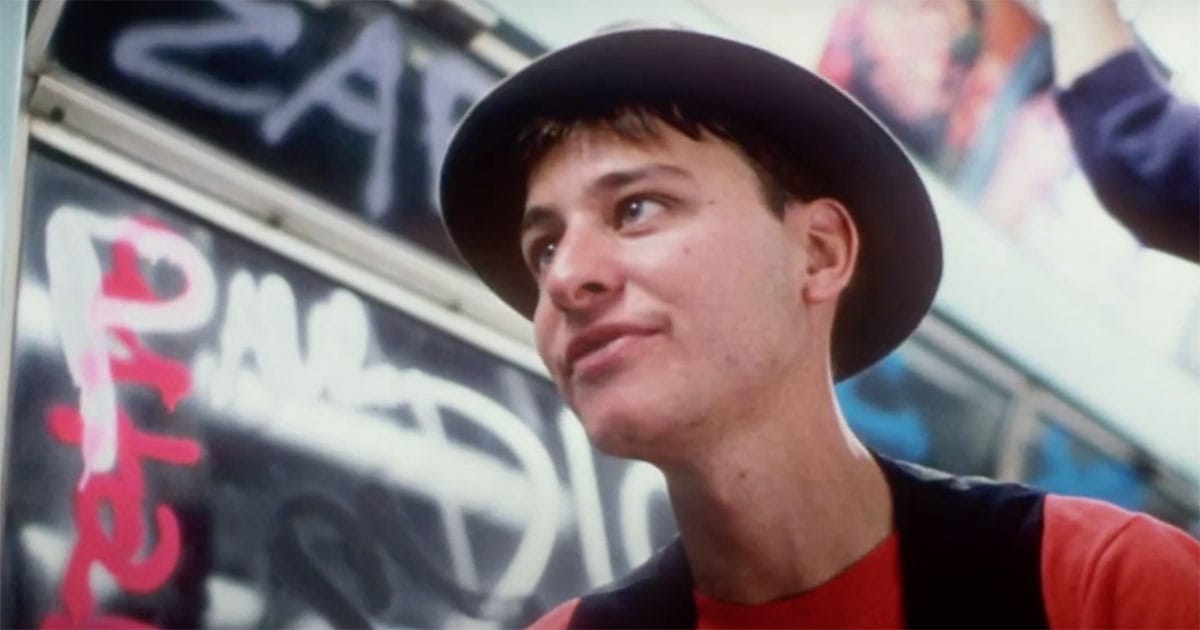
Sayles brings this theme to life through Harlem's richly detailed environment. The film captures the daily hustle and social dynamics of the community with authenticity, weaving together moments of humor and hardship.
The film also emphasizes the power of nonverbal communication. Morton's silent performance is remarkably expressive, showing how much can be conveyed through simple gestures and glances. As he learns about human culture, the Brother becomes a vessel for the audience to see the world anew. Sounds, sights, and interactions take on new significance in his eyes, reminding viewers of the beauty and complexity of everyday life.
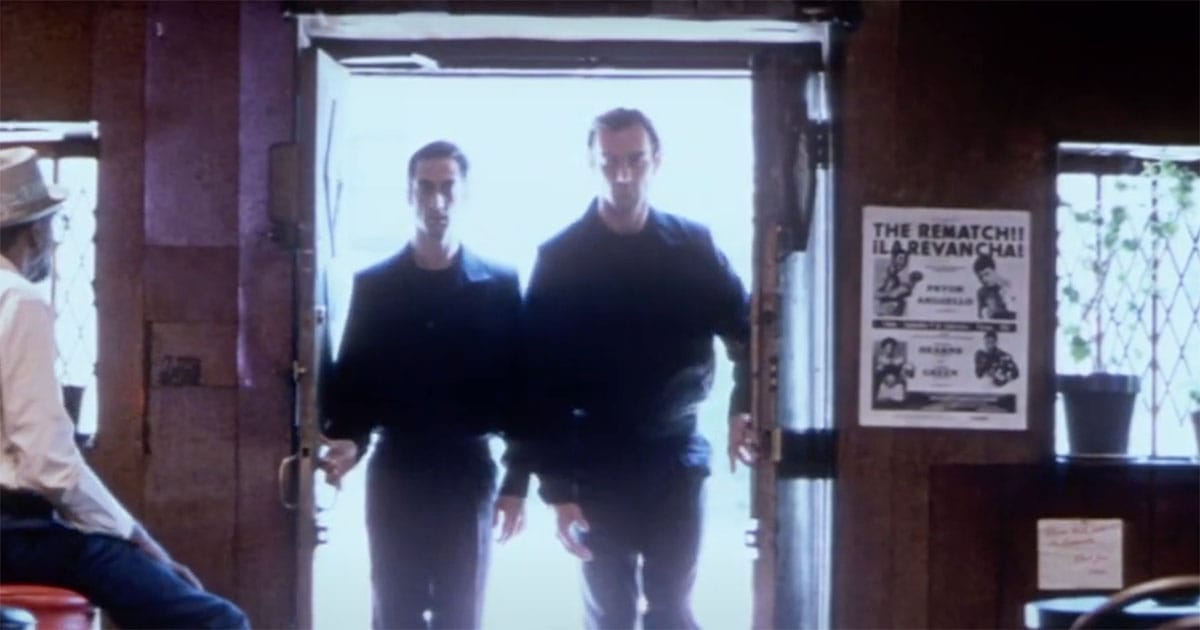
Beyond its exploration of belonging, the film tackles deeper themes such as systemic oppression and the pursuit of freedom. The Brother's backstory as an escaped slave carries significant weight, providing a stark contrast to the more comedic elements of the narrative. His fear of being captured by the alien bounty hunters parallels the real-world struggles faced by marginalized communities.
Sayles uses humor to subvert expectations and challenge stereotypes. Characters who might initially seem like stock figures reveal unexpected depth and humanity. A street vendor becomes a philosopher of sorts. Local children act as wise observers, free from adult biases. These moments of humor do not undercut the film's serious themes but instead, reinforce its central message about understanding and empathy.
Who Would Watch This
"The Brother from Another Planet" is a great choice for anyone who enjoys thoughtful, offbeat science fiction. It appeals to viewers who appreciate films that blend social commentary with humor.
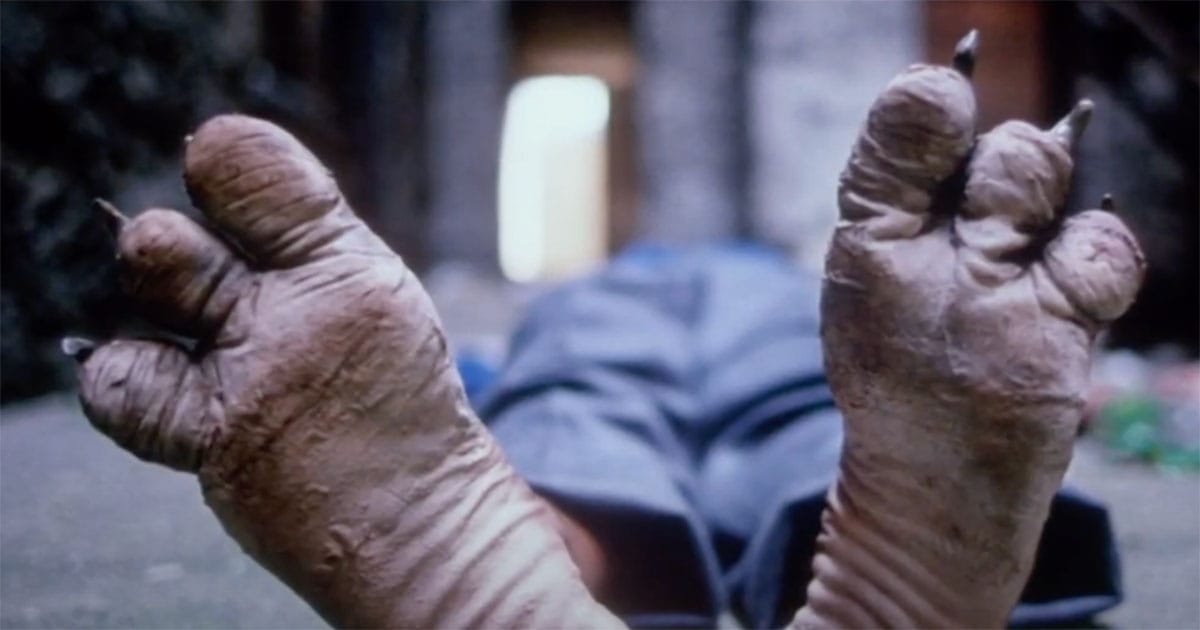
Rather than relying on flashy effects or action scenes, it invites the audience to engage with its themes of identity and belonging. Fans of character-driven stories will find plenty to enjoy here, as the film focuses on the relationships between the Brother and the people he meets.
This is a film to watch when you are in the mood for something reflective but not overly heavy. It works well for a movie night with friends who enjoy discussing cultural and philosophical ideas.
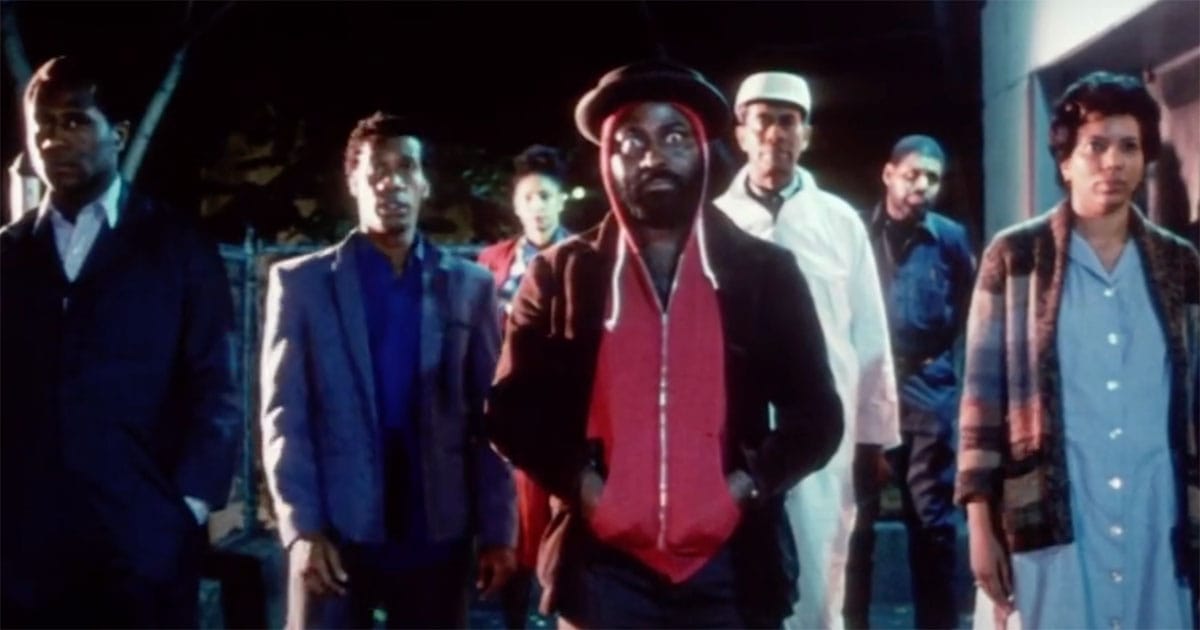
It also offers plenty of charm for those who like movies about unconventional heroes finding their place in the world. Viewers who are interested in the history of Harlem or who enjoy films with a strong sense of place will appreciate the way Sayles captures the neighborhood's spirit and vitality.
For fans of sci-fi with a social conscience, "The Brother from Another Planet" offers an intriguing exploration of what it means to be human. It is a film that resonates long after the credits roll, leaving viewers with a renewed appreciation for the connections that define us.

